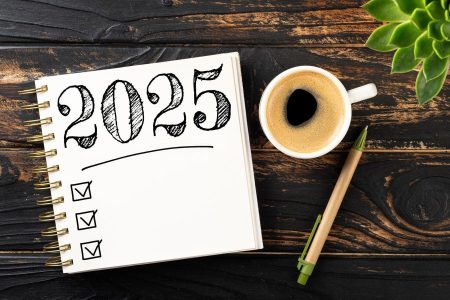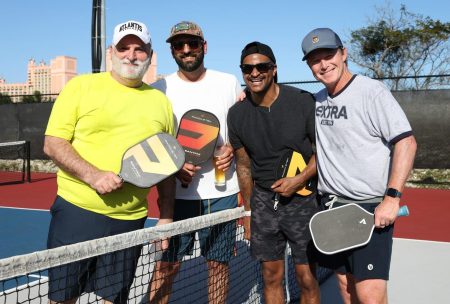One of the most productive meetings I had this year was atypical, to say the very least. I’d driven a total of about seven hours from the Salt Lake City airport into the Utah desert to explore a series of slot canyons with the CEOs of four different businesses. Despite it being largely unstructured time with no agenda, it was very purposeful, even profound.
Already as far into “the middle of nowhere” as I have ever been, we arrived at the most technical of the slot canyons we’d face, where the definition of this mountainous feature crystallized in stark reality. You see, slot canyons are narrow passages carved through sandstone by millennia of flash floods, some sections barely wide enough for a person to squeeze through sideways, with towering walls that block out the sky and create a disorienting sense of enclosure.
In this particular case, we started into a canyon that was skinny enough that we could touch both sides with our hands, but about halfway in, it was so tight that I, the slightest member of our expedition, had to take my small daypack off and turn sideways just to squeeze through to the other side.
It was at this juncture that two of our group confided that they suffered from some degree of claustrophobia. They seriously considered just turning back (especially after spotting a tarantula guarding one of the tight turns). But instead, what had been a group of five individuals exploring this beautiful, if unearthly, setting became a singular unit in pursuit of the objective of encouraging each of its members through this harrowing stretch.
And because you’ve heard many stories like this before, you know they made it. And you likely further know that it became the most memorable moment of the trip.
The Bad Bargain
That’s because we know somewhere deep within what author Cormac McCarthy was capable of putting into words in “The Passenger,” the final novel he published prior to his death in 2023:
“You would give up your dreams in order to escape your nightmares and I would not. I think it’s a bad bargain.”
In how many areas of life have you seen this play out?
Maybe it was a marriage or business partnership that reached a trial that seemed impassable. Perhaps it was an academic or career move that required a level of courage you’d never had to summon to date.
What was the decision that demanded a bolder “Yes” or “No” that you faced? And what did you do?
Comfort’s Cost
We make bad bargains like these all the time, and in our adult lives, all too often, it is financial considerations that are either in the lead or supporting role.
Some structure their entire financial lives around nightmare avoidance—staying in soul-crushing jobs for security, never taking entrepreneurial risks, keeping money in cash because markets are (always) scary, or not retiring for fear that they may run out of money. They’re often trading dreams for the avoidance of nightmares.
Our penchant for comfort in the present is often the very thing that narrows our future.
The Science of Regret
And this intuition is corroborated by many findings, especially from the field of behavioral economics. Kahneman and Tversky demonstrated that losing feels twice as bad as winning does good, while Gilovich and Medvec found that choosing to take action in the short term may cause more pain, but inactions are regretted more in the long run.
When taking a retrospective view of our lives, our biggest regrets tend to involve things that we failed to do or pursue. The paths not taken.
But, even when we take the risk and it results in an apparent loss, we can still win, as the persistent pursuit of hard things builds resilience, transforming courage into a core competency.
My two claustrophobic companions didn’t just survive that slot canyon—they emerged different. Stronger. Not despite the fear, but because of it.
This is the paradox: the thing that feels safest in the moment—turning back, playing defense, avoiding the squeeze—is often the choice we’ll regret for years. That’s why McCarthy’s words ring so true: You can give up your dreams to escape your nightmares, but it’s a bad bargain.
Read the full article here









